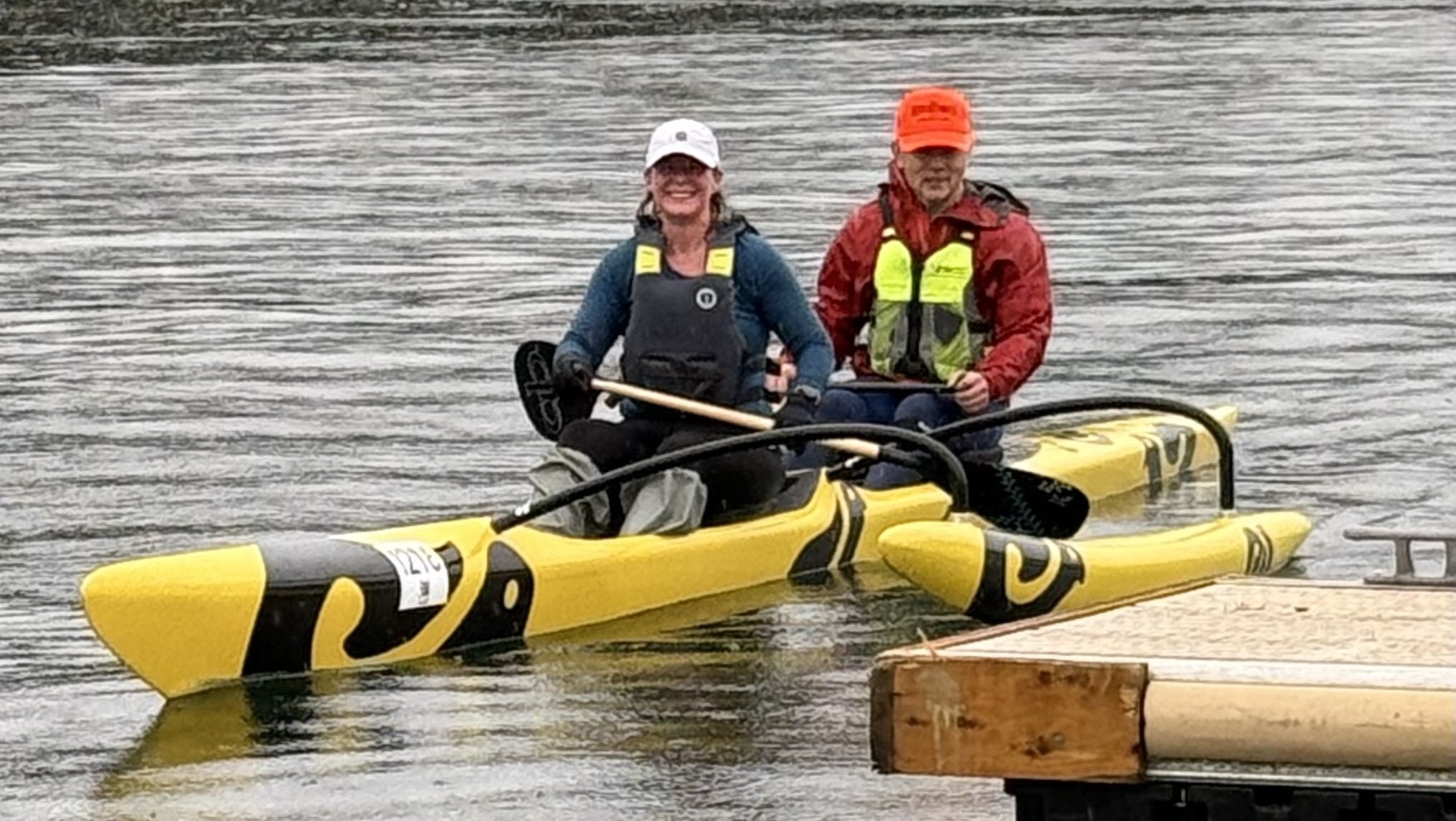Best Stretches After Paddling the Gorge: Advice from Our Victoria RMTs
As the days get shorter and the air turns crisp, many paddlers in Victoria keep right on moving — whether it’s quiet early morning solo paddle along the Gorge Waterway, afternoon dragon boat practice, or weekend outrigger sessions to the ocean with friends. As a year round paddler myself, adapting with the changing seasons can bring its own kind of beauty, but it can also take a toll on your muscles and joints if you’re not taking care of your body.
At Acacia Health, our massage therapists (RMTs) often see paddlers dealing with acute and chronic shoulder, forearm, and lower back tension — especially in the off-season when muscles are tighter and the weather is colder. Below, our RMT team shares five top post-paddle stretches to help you stay flexible, prevent injury, and enjoy every stroke through the fall and winter.
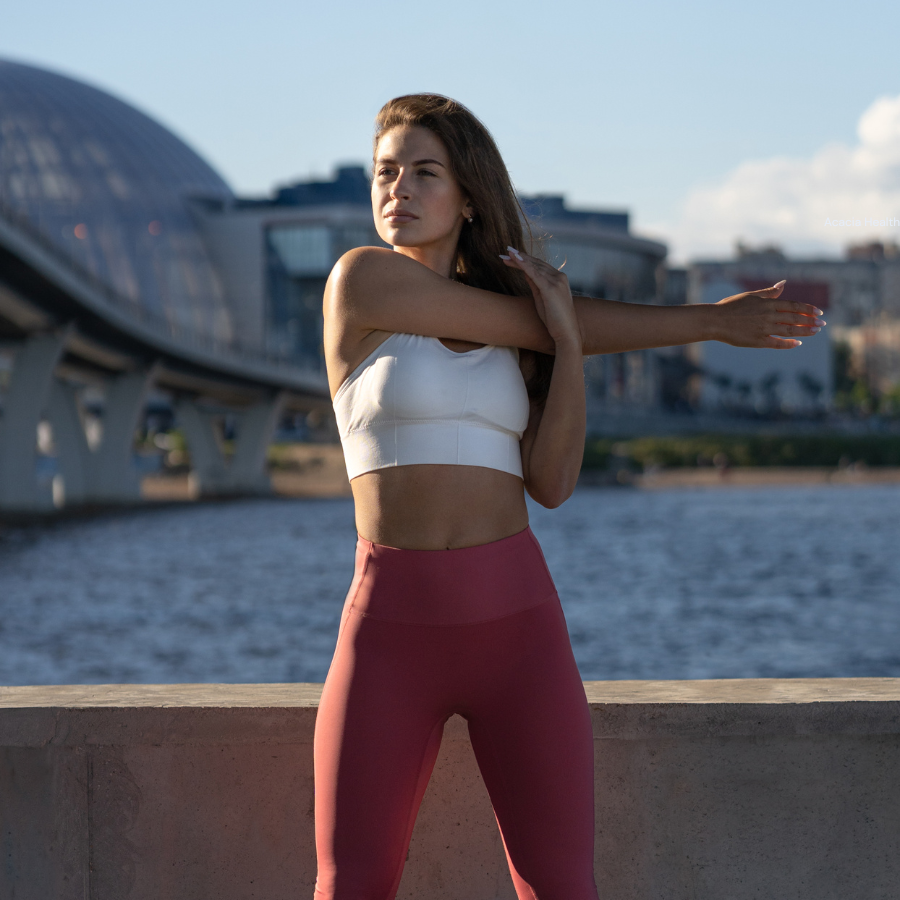
1. Cross-Body Shoulder Stretch
Paddling heavily recruits the shoulders — particularly the posterior deltoid and rotator cuff muscles. After coming off the water, gently bring one arm across your chest and use your other arm to support it just above the elbow. Keep your shoulders relaxed and hold for 30 seconds on each side.
Why it helps: Reduces tension in the back of the shoulder and helps maintain range of motion for your paddling stroke.
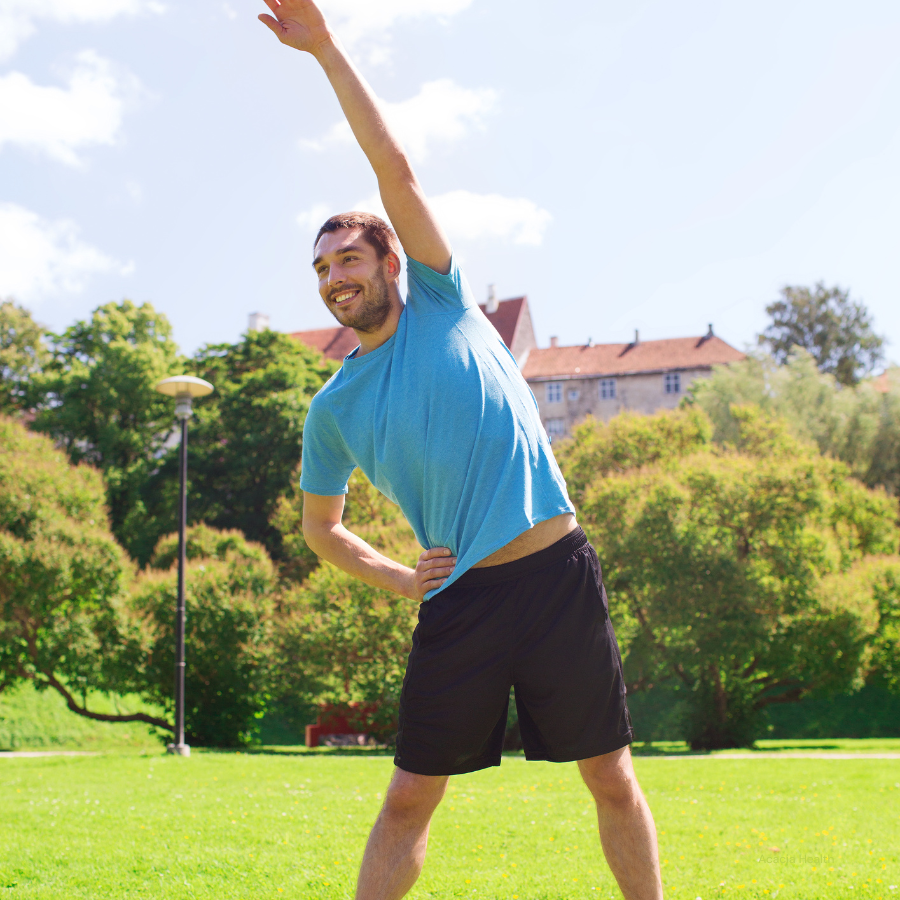
2. Standing Side Bend
This stretch targets the obliques and latissimus dorsi — both key players in torso rotation. Stand tall, raise one arm overhead, and gently bend to the opposite side. Relax and hold for 45 seconds on each side.
Pro tip: Try this one before you get in your car after practice — it helps ease compression in the spine and encourages fluid movement through your core.

3. Chest Opener Stretch
All those forward strokes can tighten the chest and pull the shoulders inward. To counter this, stand tall and clasp your hands behind your back. Gently lift your hands away from your body while keeping your shoulders down and chest open. Keep your chest relaxed and hold for 30 seconds.
Why it helps: Promotes better posture and breathing — especially helpful after long sessions on the water.
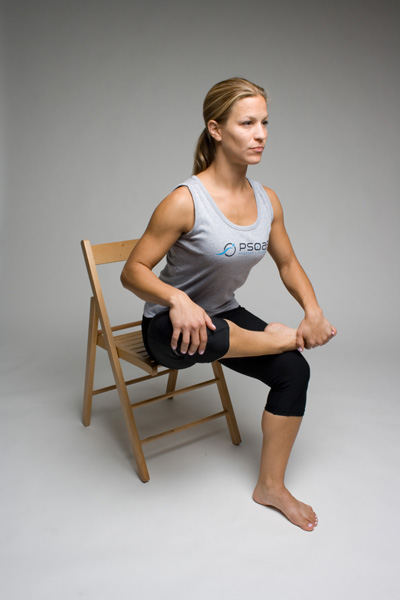
4. Seated Figure-Four Stretch
Your rotating hips do more work than you might think while paddling, especially stabilizing in rough water. Sit on a bench or dock edge, cross one ankle over the opposite knee, and gently lean forward until you feel a stretch in your glutes and hip. Relax and hold for 45 seconds on each side.
Why it helps: Relieves hip tension and can help reduce lower back and piriformis discomfort from long periods of sitting in the boat.
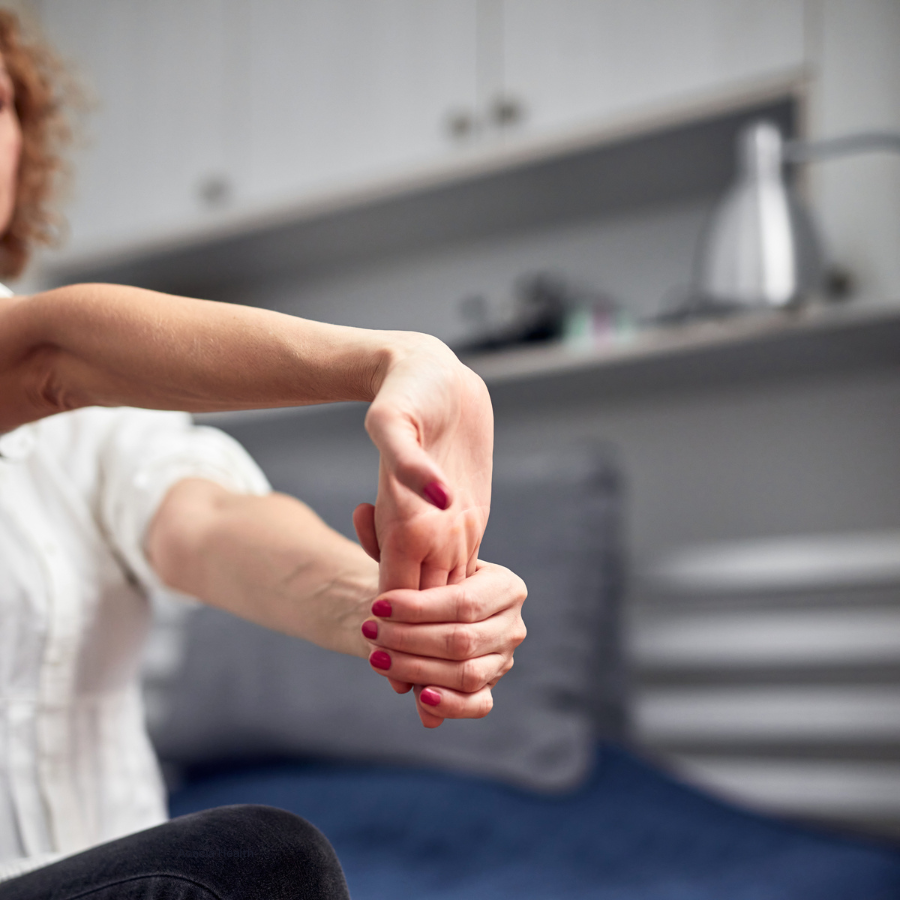
5. Forearm Flexor Stretch
Grip strength is essential for paddling — and forearms can easily become overworked. Extend one arm in front of you, palm up, and gently pull back on your fingers with your opposite hand. Hold for 20–30 seconds, then repeat on the other side.
Why it helps: Prevents tightness and pain in the wrists and forearms, a common complaint for kayakers, canoeists, and dragon boaters alike.
Keeping Your Body Happy in the Off-Season
Cold, damp conditions can make muscles stiffer and more prone to strain. To prevent cranky muscles and joints, we recommend:
- Warming up at least 15 minutes before hitting the water — gently increasing the heart rate and incorporating a few dynamic movements will help.
- Changing into warm, dry clothes quickly post-paddle to help your body recover.
- Booking a massage therapy session to release deeper muscle tension, improve circulation, and support recovery through the colder months.
Whether you’re training for next year’s dragon boat season or just enjoying a recreational paddle down the Gorge, keeping your body tuned up makes all the difference.
Book a Massage with an RMT in Victoria
Our RMTs in Victoria work with many local paddlers and can tailor treatments to your sport, helping you move with more ease and less pain. You can book a massage here.
If your shoulders, hips, or back are feeling the effects of paddling season, our team of registered massage therapists at Acacia Health can help. We take an evidence-based, personalized approach to recovery — so you can return to the water feeling your best.
